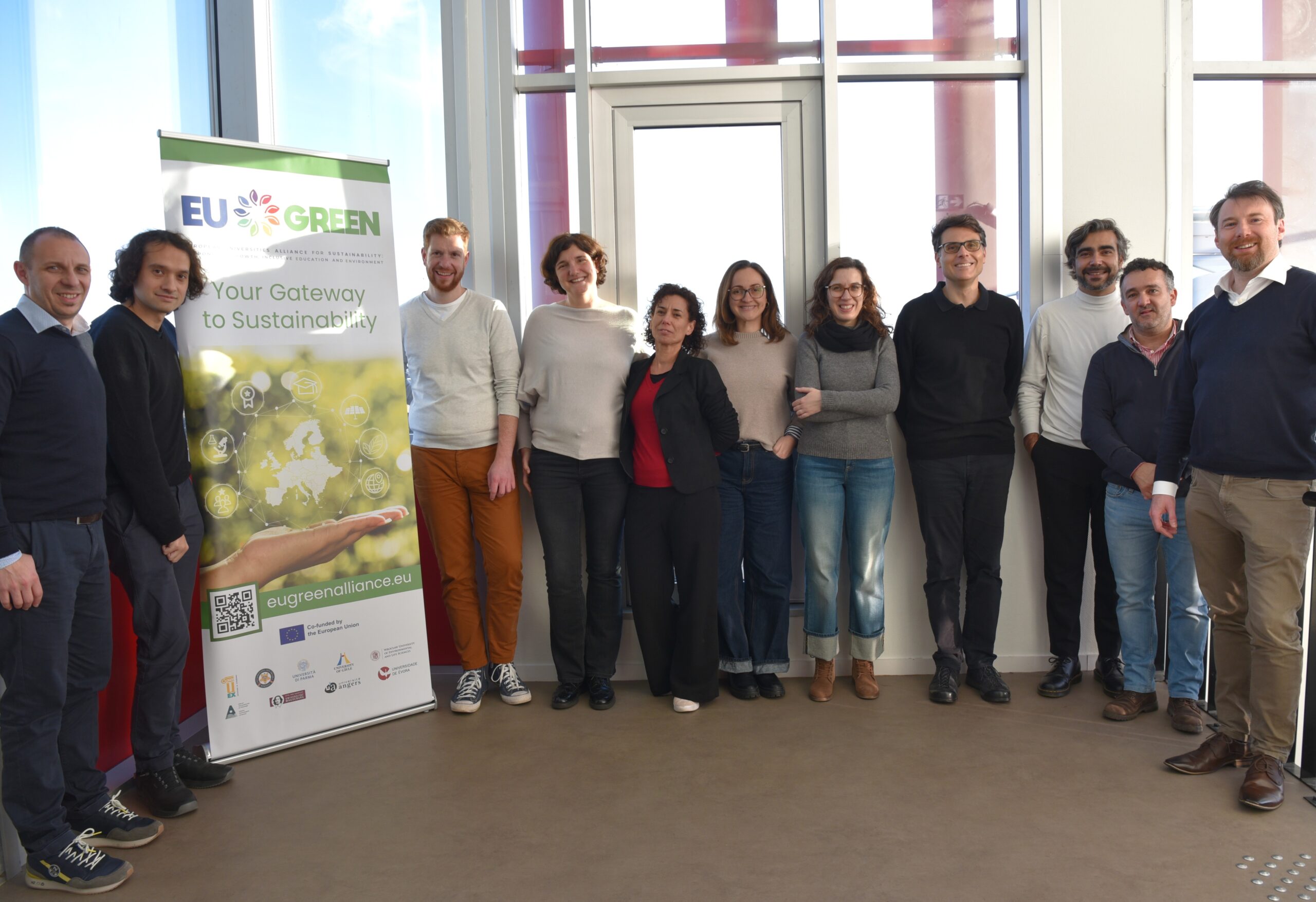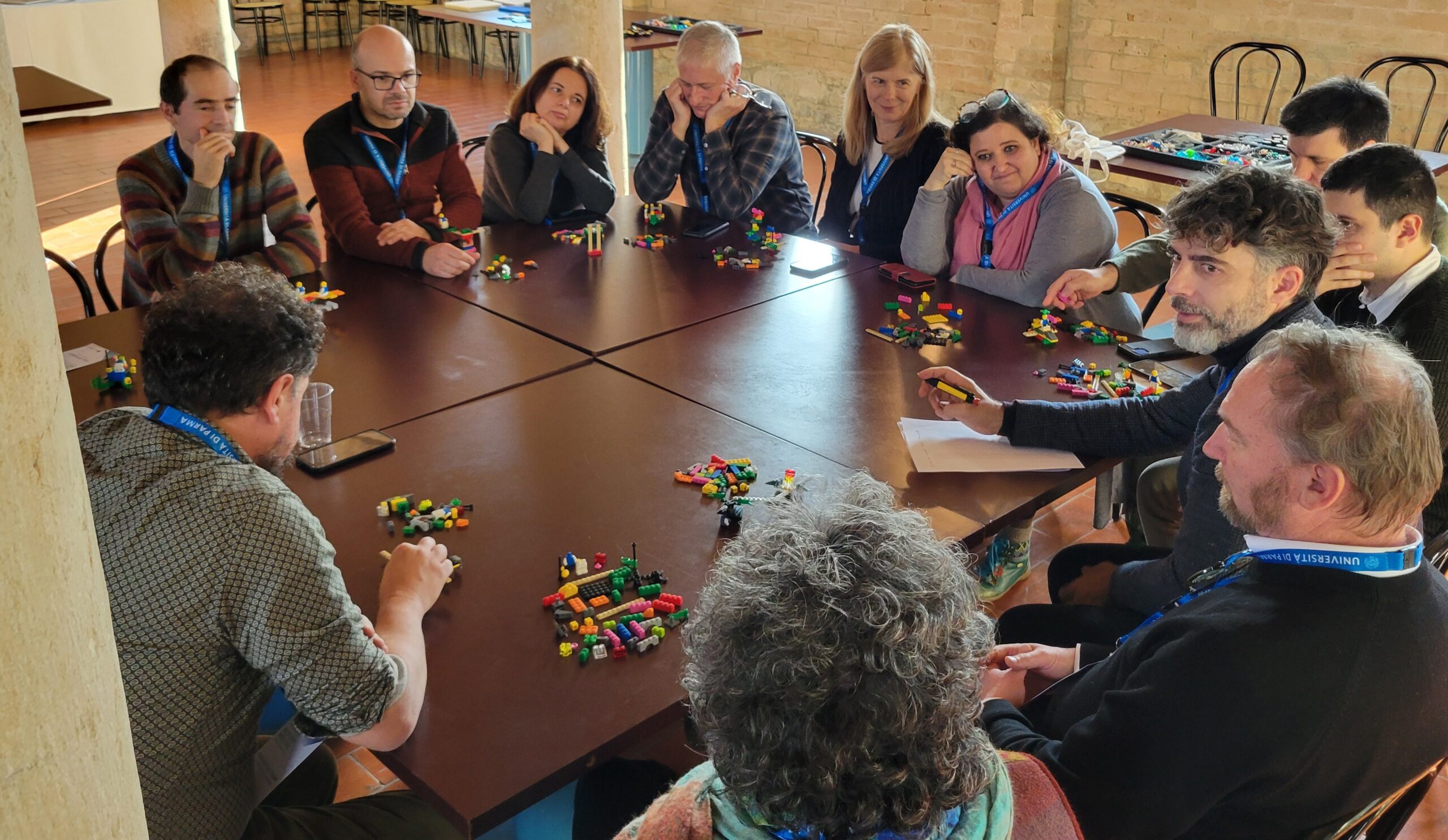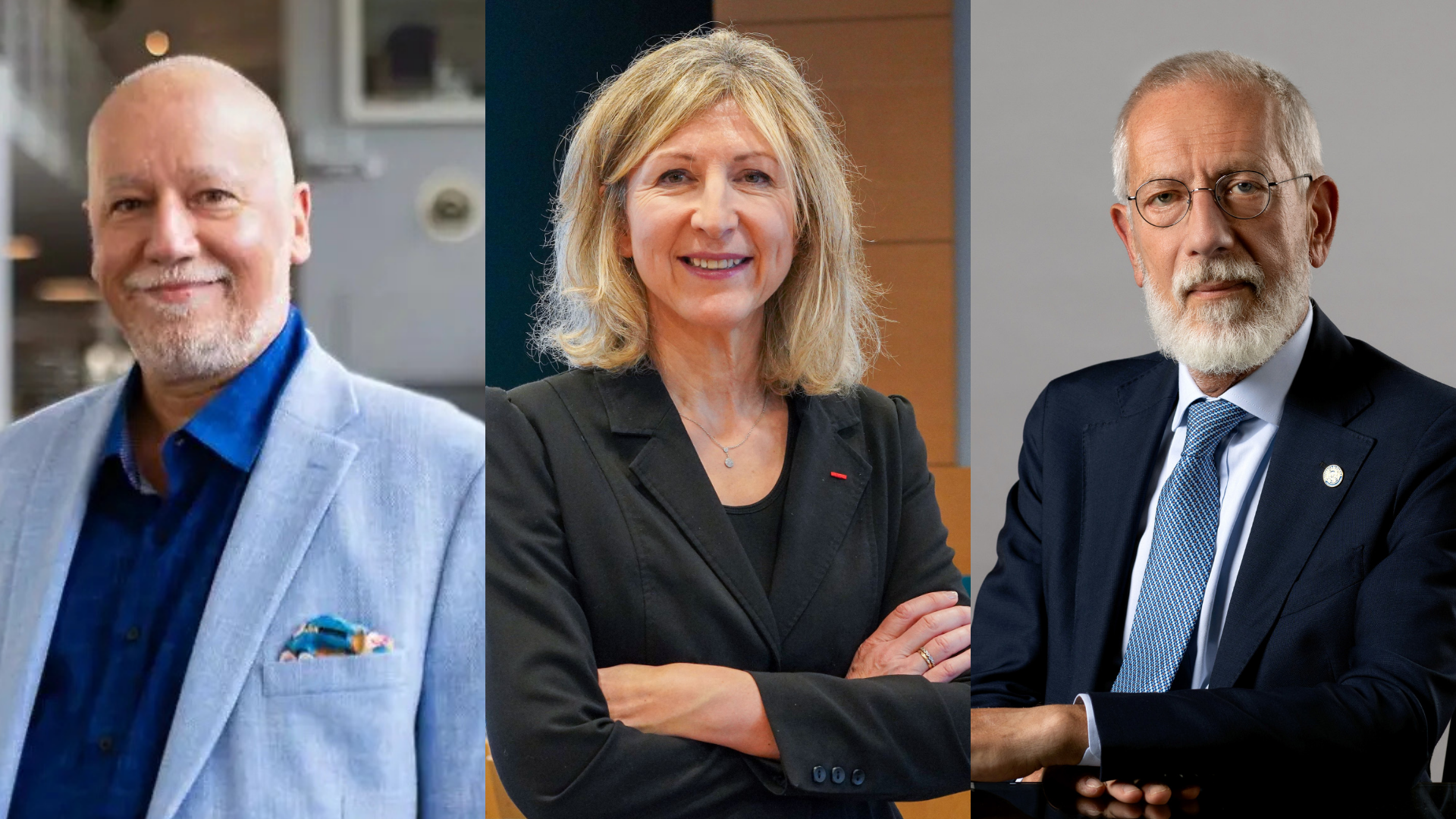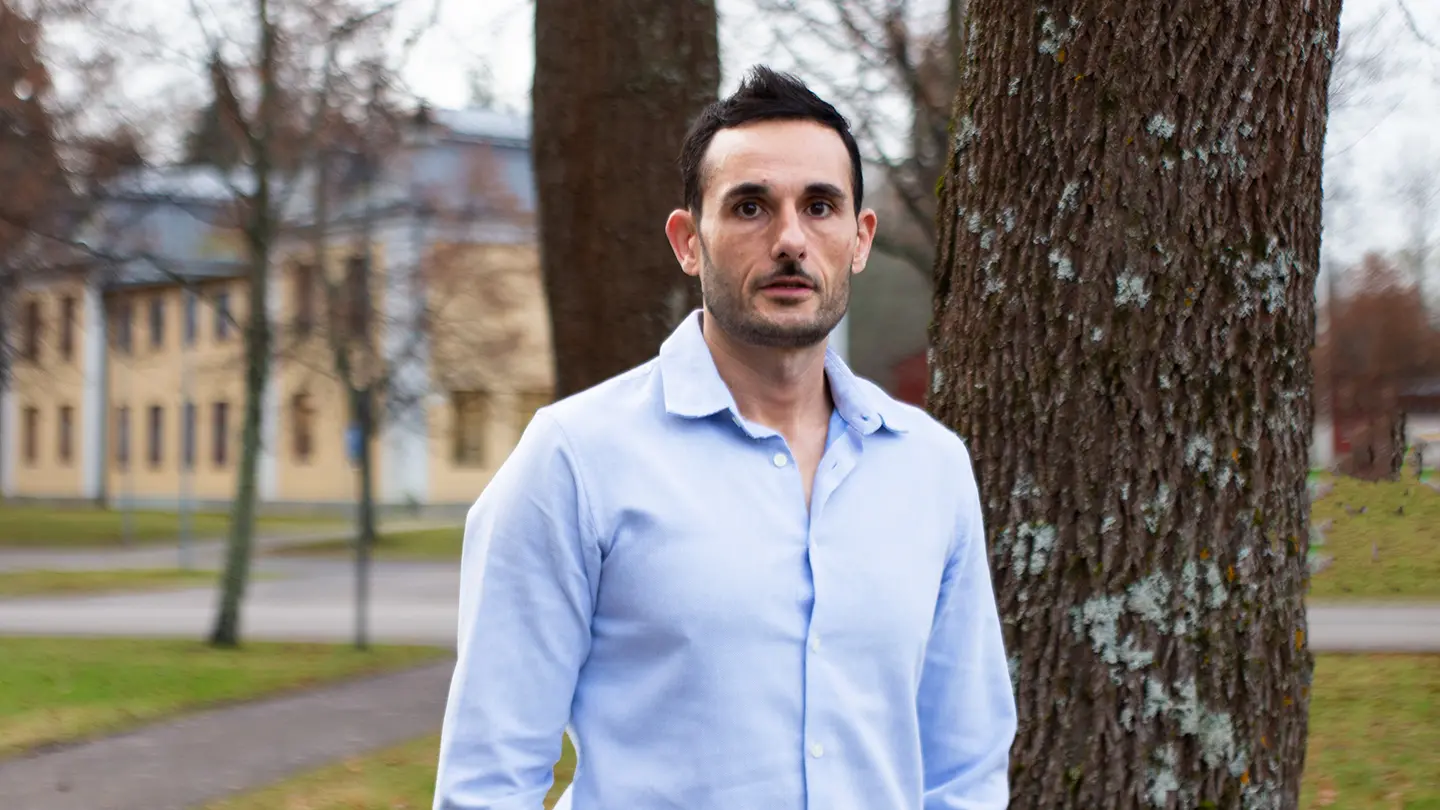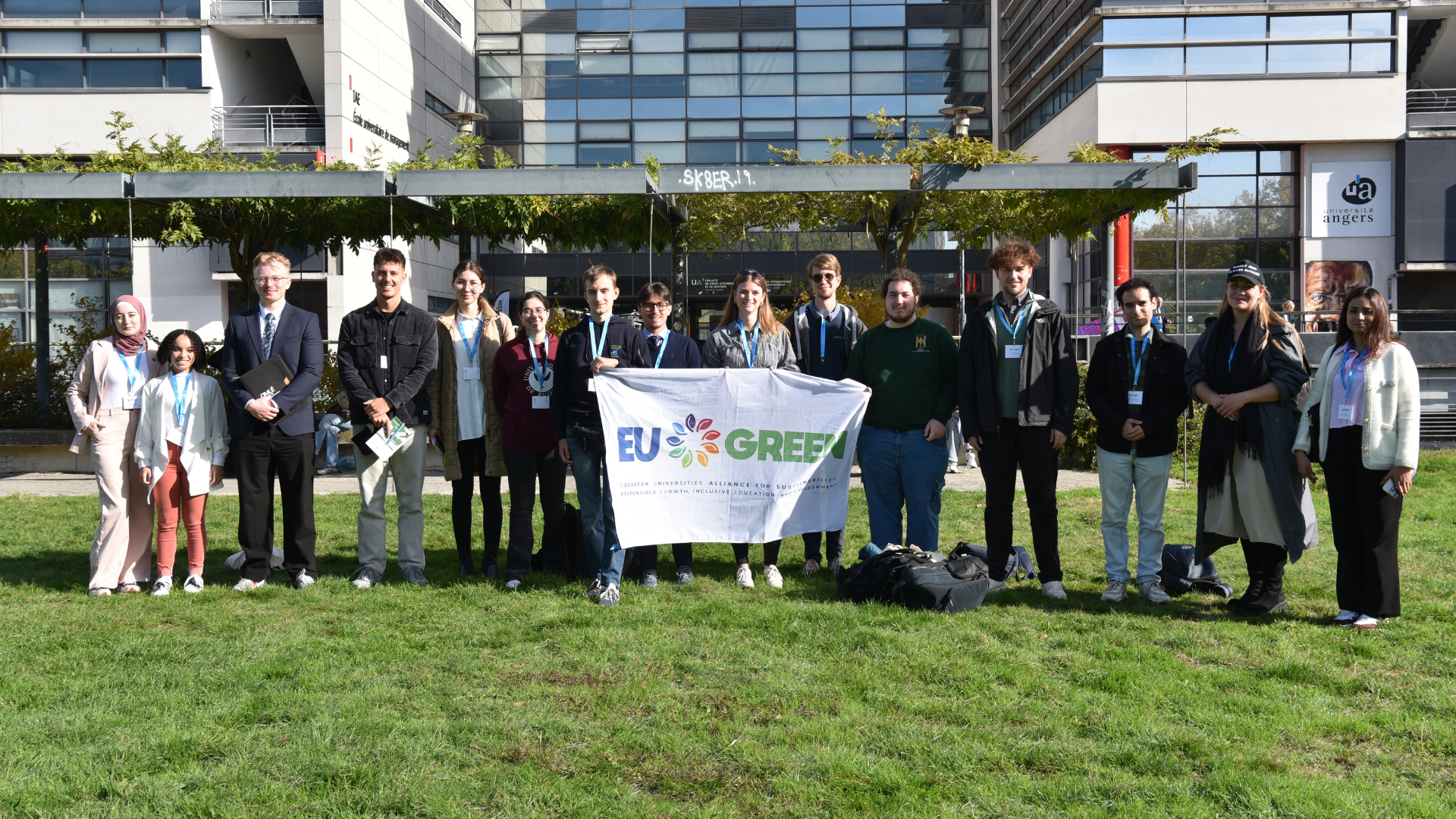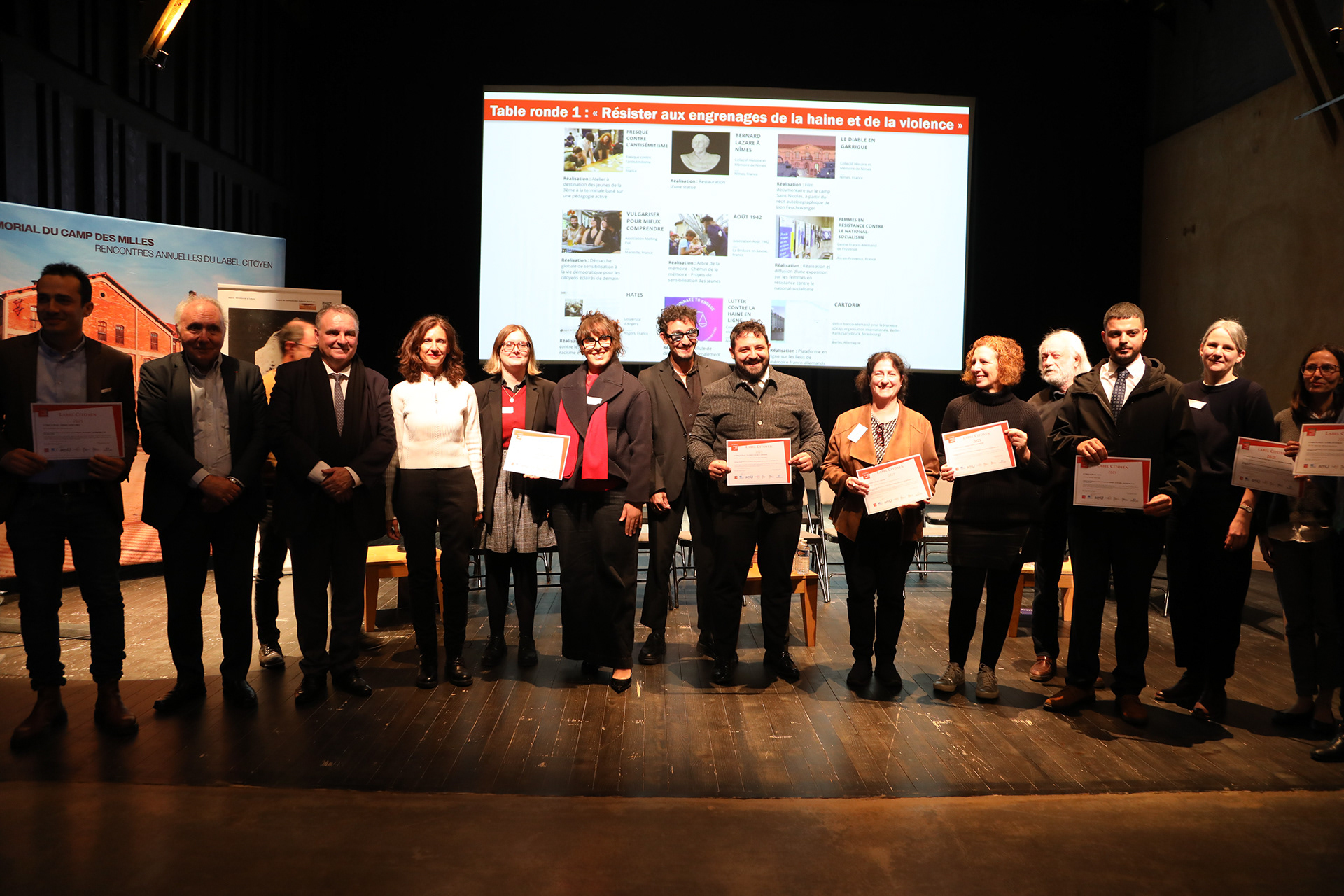Blended Intensive Programmes (BIPs) are a cornerstone of the EU GREEN Alliance’s commitment to fostering innovation, intercultural learning, and inclusive mobility in higher education. These short, intensive programmes combine virtual preparation with physical mobility, allowing students and teachers from EU GREEN partner universities to work together on key sustainability and societal challenges.
The 2025 BIP edition spans a wide range of topics—from artificial intelligence in sport and health, to soil restoration, circular economy, and sustainable energy systems. Each course offers students the opportunity to explore complex issues through a multidisciplinary lens while building professional and interpersonal skills in a European context.

One of the featured BIPs this year was “Thermal Energy Conversion & Storage”, hosted by the University of Gävle in Sweden. This programme focused on sustainable thermal energy solutions, energy recovery technologies, and the integration of renewable systems into industrial processes. It brought together participants with diverse academic backgrounds and experiences.
Helena Luisa Leitão de Oliveira, a master’s student at the University of Évora and an experienced professional in the Brazilian energy sector, joined the programme to deepen her understanding of Europe’s energy transition:
“My intention was to take advantage of my position as a master’s student, with nearly two decades of experience in the Brazilian energy sector, to expand my knowledge of the European energy sector. Learning about different energy sources, the technologies applied, the problems, and the solutions, so different from my previous reality, helped me connect with my new academic and professional reality.”
She also praised the learning environment and international atmosphere:
“The programme was intense, comprehensive, and full of new experiences. Different nationalities, with unique skills, enriched the experience with different contributions and perspectives. The entire experience exceeded my expectations.”

Another participant in the same BIP shared:
“It was a highly enriching experience for me, both technically and personally. I was particularly fascinated by the integration of biomass-based energy generation with industrial processes and the use of residual heat for district heating. Seeing how Billerud balances large-scale production with sustainability goals gave me valuable insight into real-world applications of thermal energy systems and energy recovery strategies.”

The University of Angers also hosted a successful BIP titled “Food Sustainability”, organised by IAE Angers. This programme examined the future of sustainable food systems, with academic sessions and workshops on water scarcity, the environmental impact of meat consumption, and plant-based alternatives. Students even participated in a cooking session using sustainable ingredients and methods.
Jaafar El Sabeh, a student from the University of Parma, reflected on what stood out to him:
“I was very interested in learning about sustainable approaches in the food sector and industry, and how they are evolving in response to climate change. We got a very interesting insight, in my opinion, into the water footprint behind the industry and everything we, as humans, consume. That was particularly striking, because we usually hear a lot about the carbon footprint, but not so much about the water footprint.”
These experiences reflect the core strength of EU GREEN BIPs: they are not just academic seminars, but immersive, multicultural learning journeys. Students gain deeper understanding of European challenges, improve their language and teamwork skills, and create international networks that last far beyond the programme itself.

As the BIPs continue to unfold across the EU GREEN Alliance, new opportunities are emerging for students to engage with sustainability, innovation, and European cooperation.
#EUGREEN #BIP2025 #Sustainability #StudentVoices #ErasmusPlus #EuropeanUniversity #InclusiveMobility
